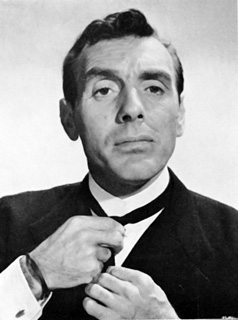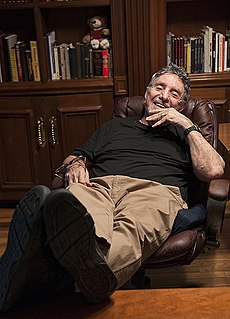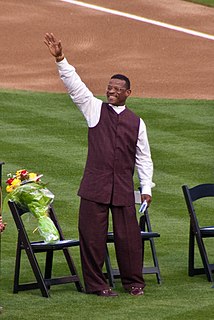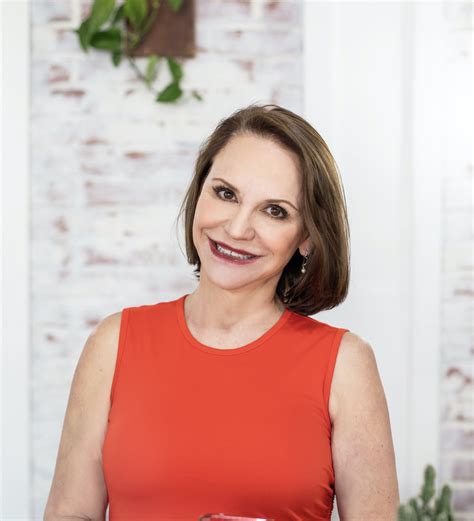A Quote by Christina Baker Kline
In my ideal world, my next novel would have a first printing of, say, 2,500 hardcovers for reviewers, libraries, collectors, and autograph hounds. The publisher could print more copies if they get low. And simultaneously, or six weeks later, the book would be available in paperback.
Related Quotes
This was an age before e-books. We all knew that the only way you can allow a book to survive in print in the long term is in paperback. The hardback has a certain life, and then it stops having that. It stops selling, and if you want the book to just stay around there has to be a paperback edition. So if there were not a paperback edition the book would eventually disappear from the shelves, and we would have lost the battle.
Having 'The Expats' not be 'wholesale-y' rejected by the world made it possible for me to write the second book and have a publisher buy it before it was entirely written. And it made it easier for me and my publisher to get 'The Accident' out into the world without trying to convince people to pay attention to it the way you do for a first novel.
What is striking is that from almost from the very beginning of certainly by September and October of 1963, as the book was being constructed, that [Alex] Haley was vetting - asking questions to the publisher and to the publisher's attorney regarding many of the things that Malcolm X was saying. He was worried that he would not have a book that would have the kind of sting that he wanted.
When I first moved to LA, no one could understand a thing I said, you would think I was speaking another language. Every time I would order something at Starbucks, they would go, 'Huh? What did you say?' My accent was an issue and my low voice was as well. They thought I should be more girlie. But that's who I am.
In my college years, I would retreat to our summer house for two weeks in June to read a novel a day. How exciting it was, after pouring my coffee and making myself comfortable on the porch, to open the next book on the roster, read the first sentences, and find myself on the platform of a train station.
When I was growing up, my favorite player was Reggie Jackson - and I never got the opportunity to get an autograph from Reggie. I was so frustrated. I mean, he was my idol. And I couldn't get no autograph. I would go through punishment waiting on him (after games) because he was always the last guy to come out. And I would go back home with no autograph.
I am a buyer of blank books. Kids find it interesting that I would buy a blank book. They say, Twenty-Six dollars for a blank book! Why would you pay that? The reason I pay twenty-six dollars is to challenge myself to find something worth twenty-six dollars to put in there. All my journals are private, but if you ever got hold of one of them, you wouldn't have to look very far to discover it is worth more than twenty-six dollars
It's very bad to write a novel by act of will. I can do a book of nonfiction work that way - just sign the contract and do the book because, provided the topic has some meaning for me, I know I can do it. But a novel is different. A novel is more like falling in love. You don't say, 'I'm going to fall in love next Tuesday, I'm going to begin my novel.' The novel has to come to you. It has to feel just like love.







































